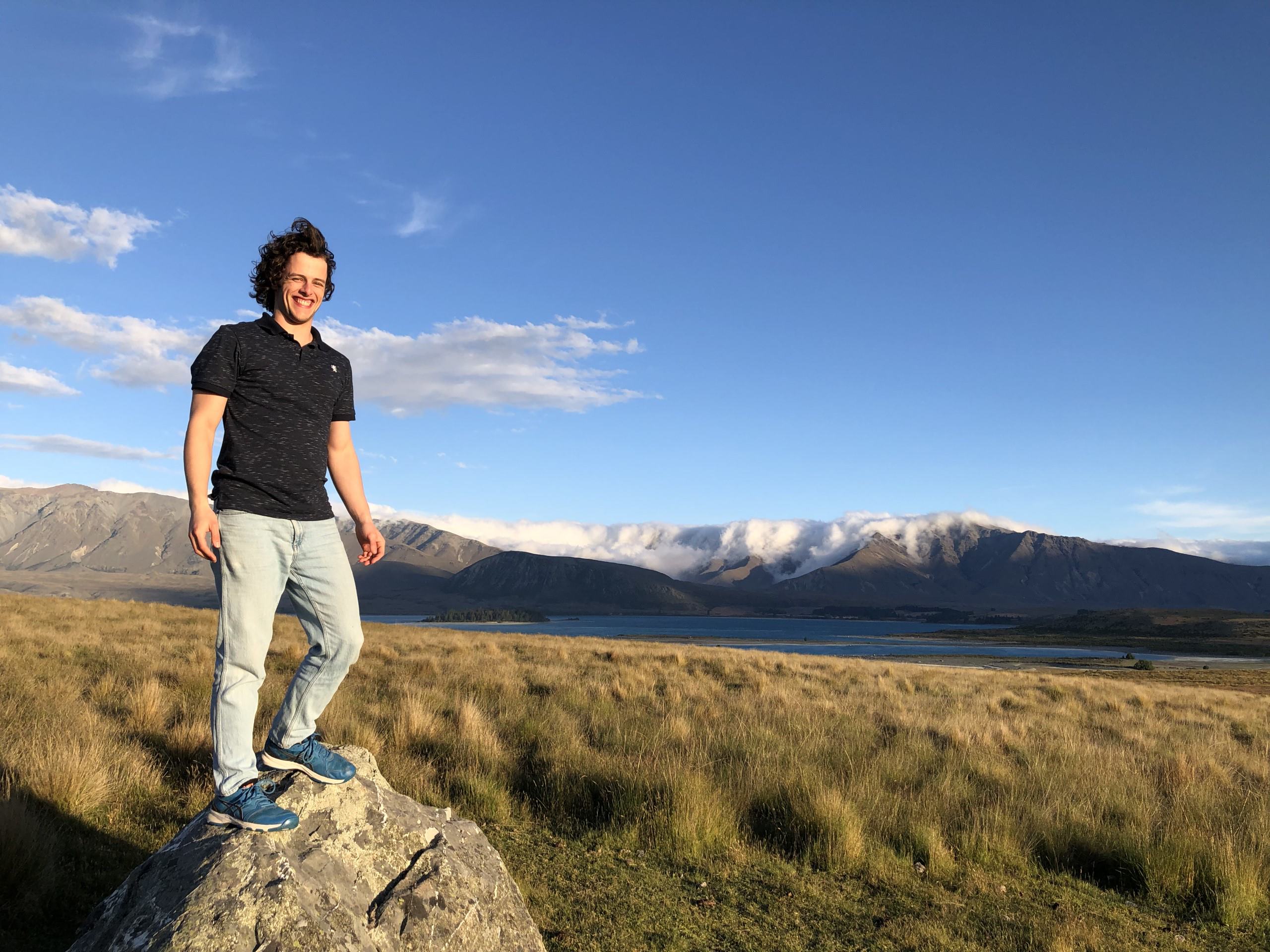
WHO: 60% of childhood hearing loss is preventable
March 2, 2016
Audiologists on Twitter and the cutest deaf, blind dog video
March 4, 2016Childhood Hearing Loss: A conversation with my parents

Today is World Hearing Day and this year’s topic is Childhood Hearing Loss. Thirty-two million children around the world live with disabling hearing loss, according to the World Health Organization. While I was born with profound congenital sensorineural hearing loss, 60 percent of children with hearing loss obtained it from a preventable source, such as infections – mumps, rubella, meningitis, measles or ear infections – or by using ototoxic medicines.
To raise awareness about hearing loss and World Hearing Day, I thought I would take this opportunity to interview my lovely parents to learn about their experiences when they found out I had hearing loss.
Ellie: How did you find out about my hearing loss?
Mom: We kind of had an idea, because as a baby you weren’t responsive to any sounds. There was a time where I dropped a saucepan and you didn’t flinch. We suspected something was wrong, but just didn’t know what.
Ellie: When did I have my first hearing test?
Mom: Well, when you were 9 months old you failed the standard hearing test so they referred you to the ENT (Ear Nose Throat) Department at the hospital where you had to take another advanced test. That was also unsuccessful. They got an audiogram afterwards, from which the consultant diagnosed you with severe to profound congenital sensorineural hearing loss.
Ellie: What were your initial reactions to my diagnosis?
Mom: We were in no way prepared whatsoever. We tried to convince ourselves it was like glue ear so it would eventually go away. It wasn’t the case unfortunately. After your diagnosis, we had 101 questions in our heads because we’re a hearing family in a hearing society and it didn’t make sense to us.
Dad: As we have disability in our family, when Mum was pregnant with you, we almost convinced ourselves that we were going to have a disabled baby. When you were born you looked like a perfect baby. Ten months later, that’s when the double blow came… it’s because it’s an invisible disability, you wouldn’t know. That’s why it was such a kick in the teeth.
Ellie: How did everyone else in our family react to my hearing loss?
Mom: It was disbelief really, there was no understanding or acceptance of it because we knew nothing about deafness.
Ellie: What resources do you wish were available at the time?
Dad: A cure for deafness really. We weren’t in anyway prepared for this, so if you have no experience or knowledge, a cure would be all you really want. Later on, we would’ve liked some more literature explaining about hearing loss and the implications, also about the support available and suggested communication methods. Not sure if they have any literature now?
Ellie: What about Google?
Dad: Well, that wasn’t available in the ‘olden days’ Ellie!
Ellie: What was the process like when I got my first hearing aids?
Dad: They were massive compared to the size of you!
Ellie: Oh thanks!
Mom: But yes, it was a right challenge getting you to keep them in as you didn’t like them. You often threw them across the room!
Ellie: Did they break?
Dad: Thankfully not! When you laid down, they kept flopping off so we had to get tubes all the way around your ears to keep them in place.
Ellie: Can you remember my first reaction to my hearing aid switch on?
Mom: Not really, I don’t think you gave a lot away as you were very young and your brain didn’t really know what sound was.
Ellie: What was it like when I said my first word?
Mom: Your Dad was at work at the time, so it was just me, you and your Teacher of the Deaf. Obviously being such a difficult time as it was, to hear your first word “ar” – (pointing at a car) it was just amazing. It was such a milestone and didn’t think we’d see the day! It was a struggle to get there, but it was a confirmation that it was working. There was still that element of sadness as there was a long way to go, as if we’d only just stepped foot on the ladder.

Mom: You’ve always had Phonak hearing aids as far as I can remember. If it wasn’t for your hearing aids, you probably wouldn’t be talking now! Basically it’s the audio input from the hearing aids to the brain, which enabled you to interpret this into sound and then through your own voice to enable you to talk.
It was a constant battle of repetition of sounds, simple words and speaking clearly, with the help of your Teacher of the Deaf. We don’t know what we would’ve done without her. It took several months for your brain to recognize these sounds before coming back to us in the form of speech. It takes so much input to get a little output, but when you said that first word, it was like proof that it’s all worth it.
Ellie: Do you agree with WHO that ‘early intervention helps (deaf children) reach their full potential’?
Dad: Oh absolutely. Hearing in your early years is important because if you miss out, it takes you longer to catch up. With early diagnosis, education and support, it’s all paramount to effective communication.
Ellie: Do you have any other advice you’d like to offer other parents of deaf children?
Mom: Always insist on what you think is best and make sure that you get every support available to you. Be open minded to other communication methods. Take advice from as many people as you can; talk to other families, join deaf Facebook groups, but always make your own mind up. Don’t take no for an answer. Fight for things that you’re entitled to (i.e. support in school, benefits, etc.)
Most importantly, don’t be disheartened. Although it is a struggle, the rewards can be far greater and the achievements are well deserved.
Ellie: Thank you guys for taking the time for this interview.
To learn more about World Hearing Day, visit the WHO website, or Twitter.





